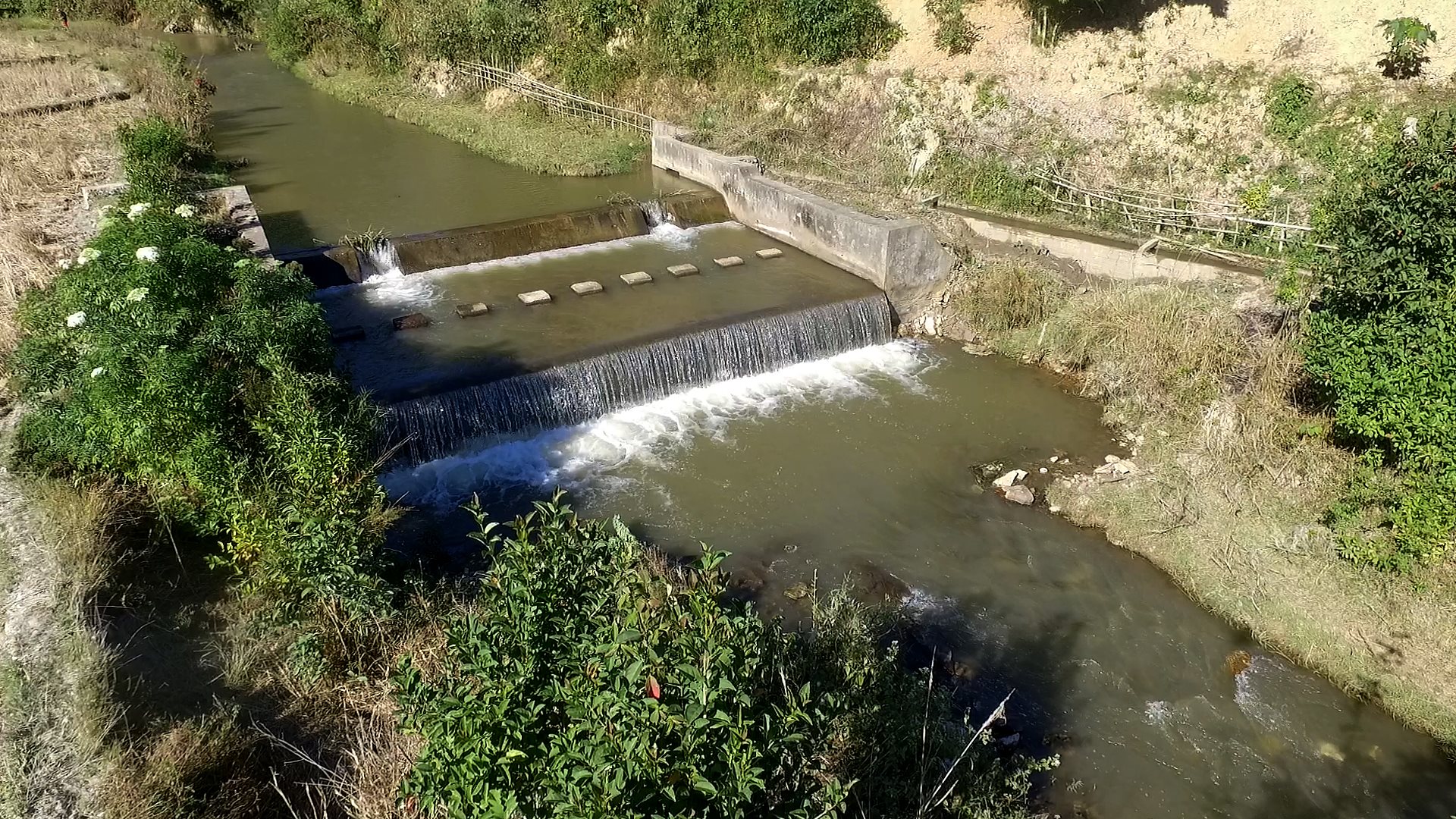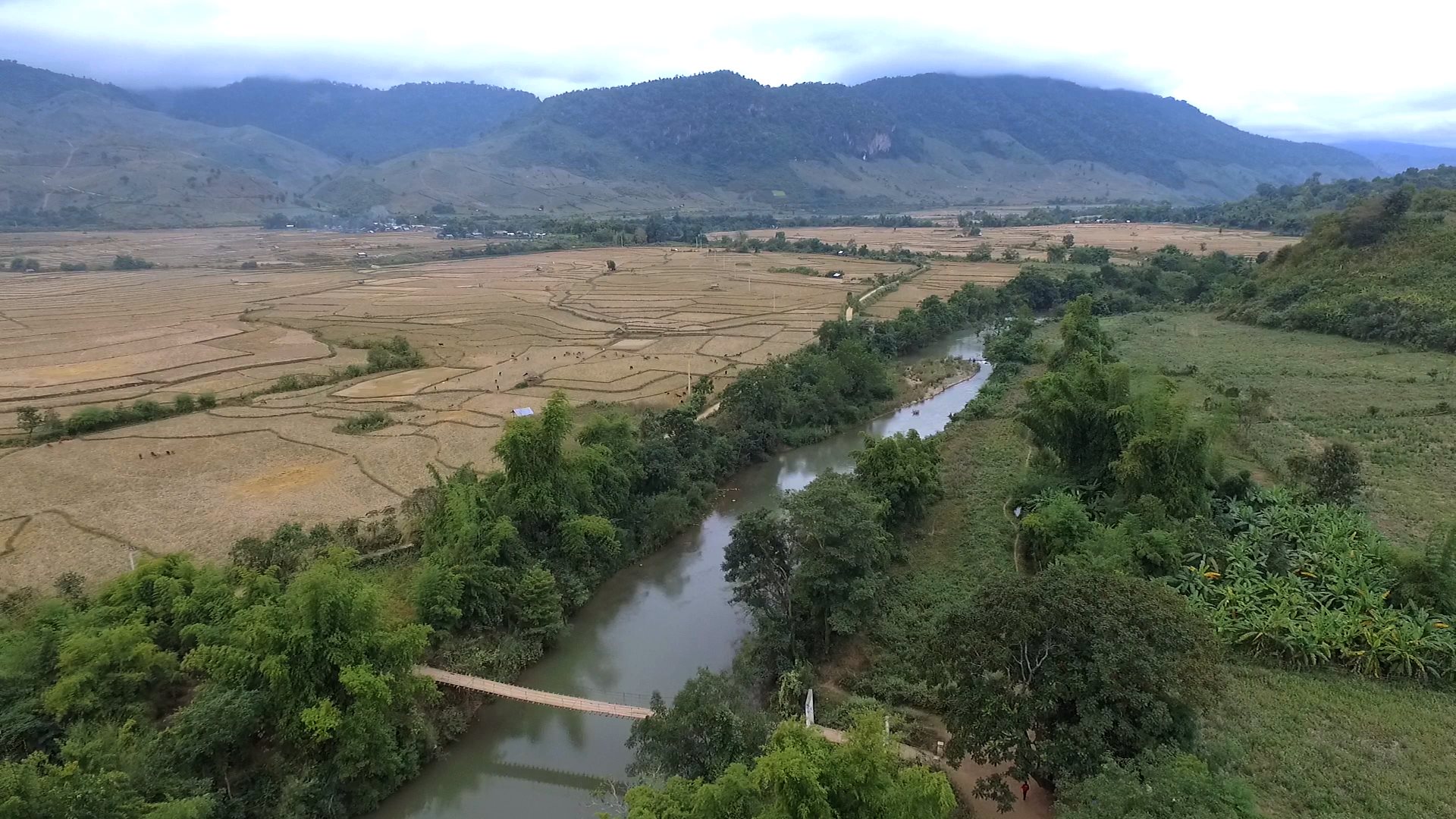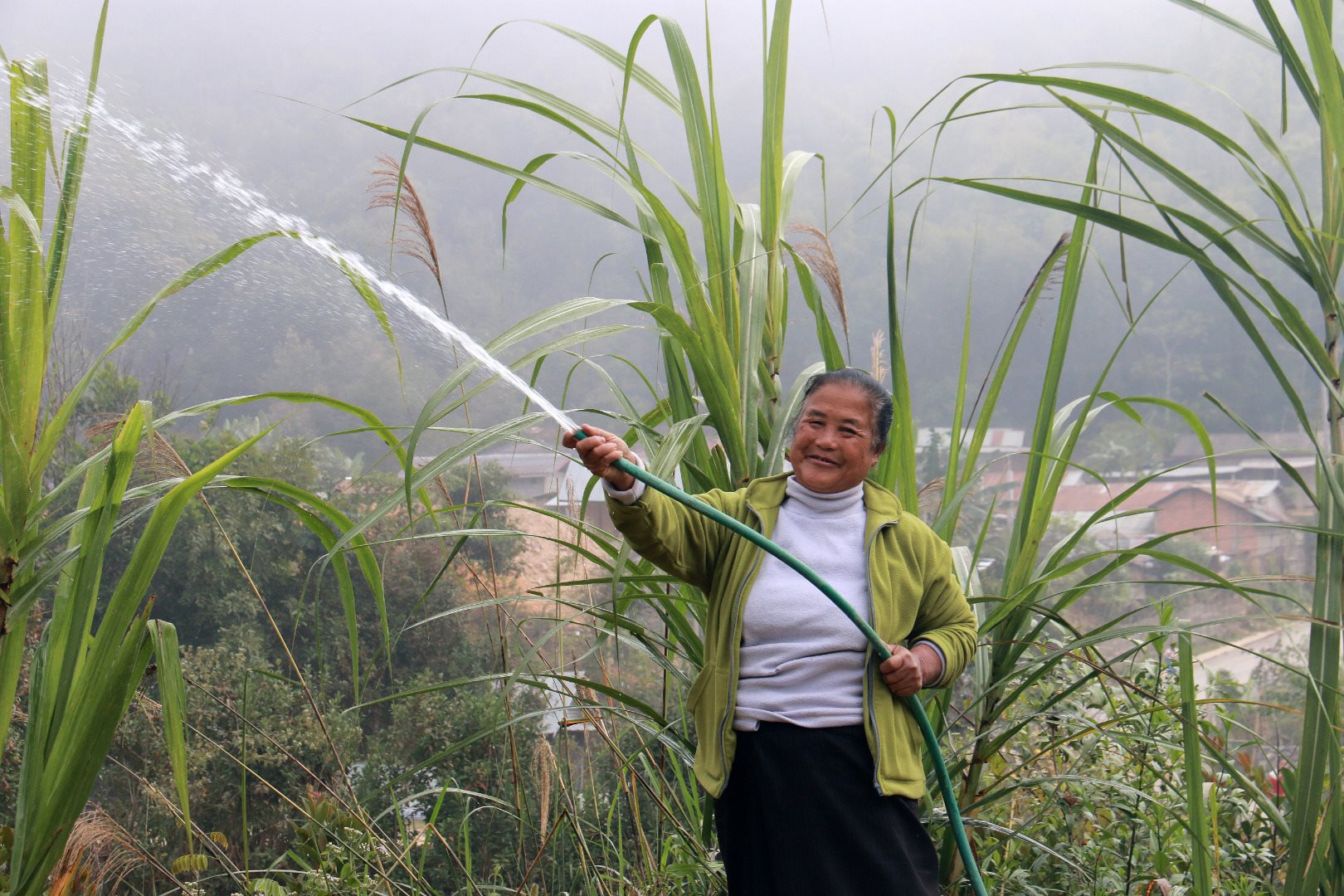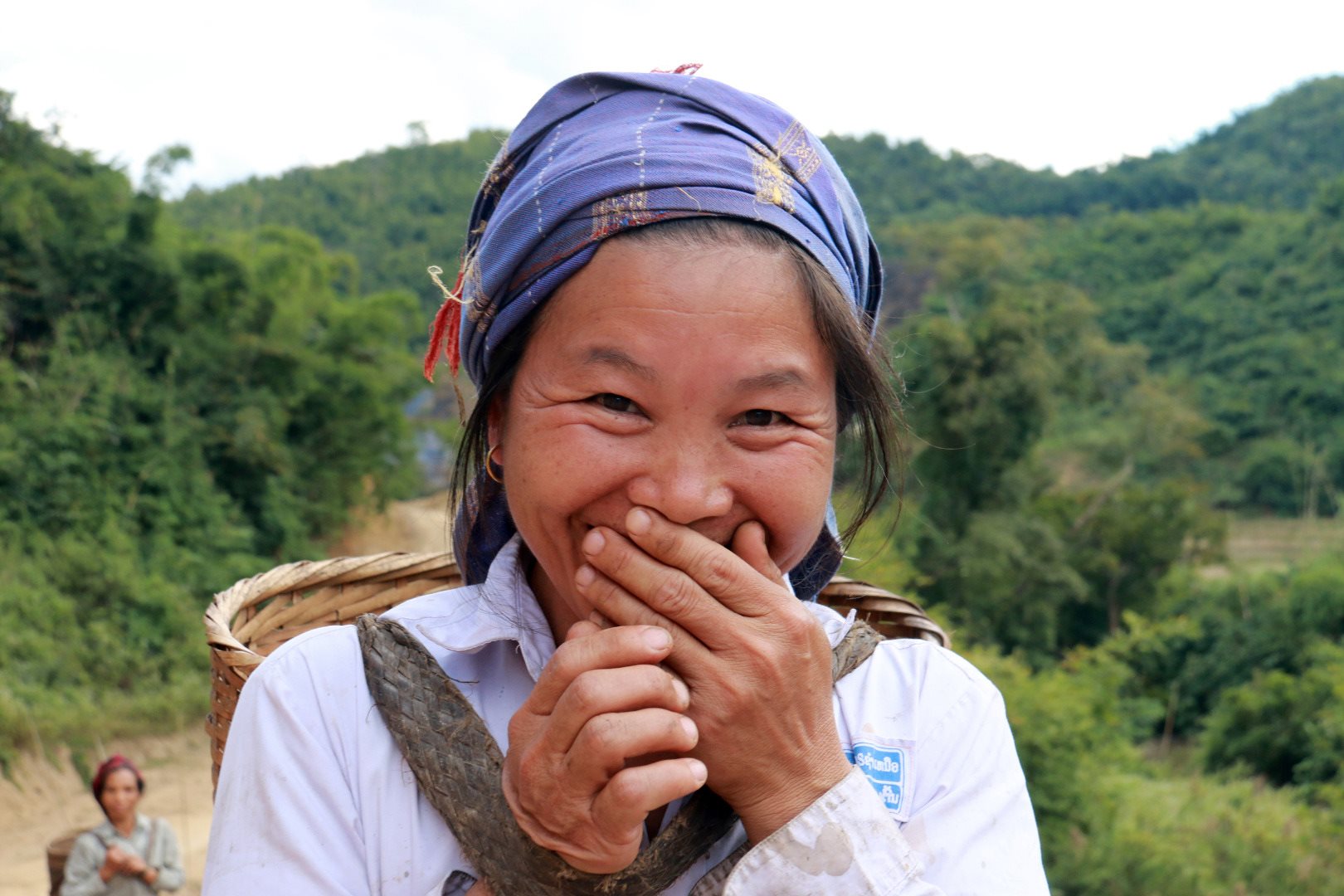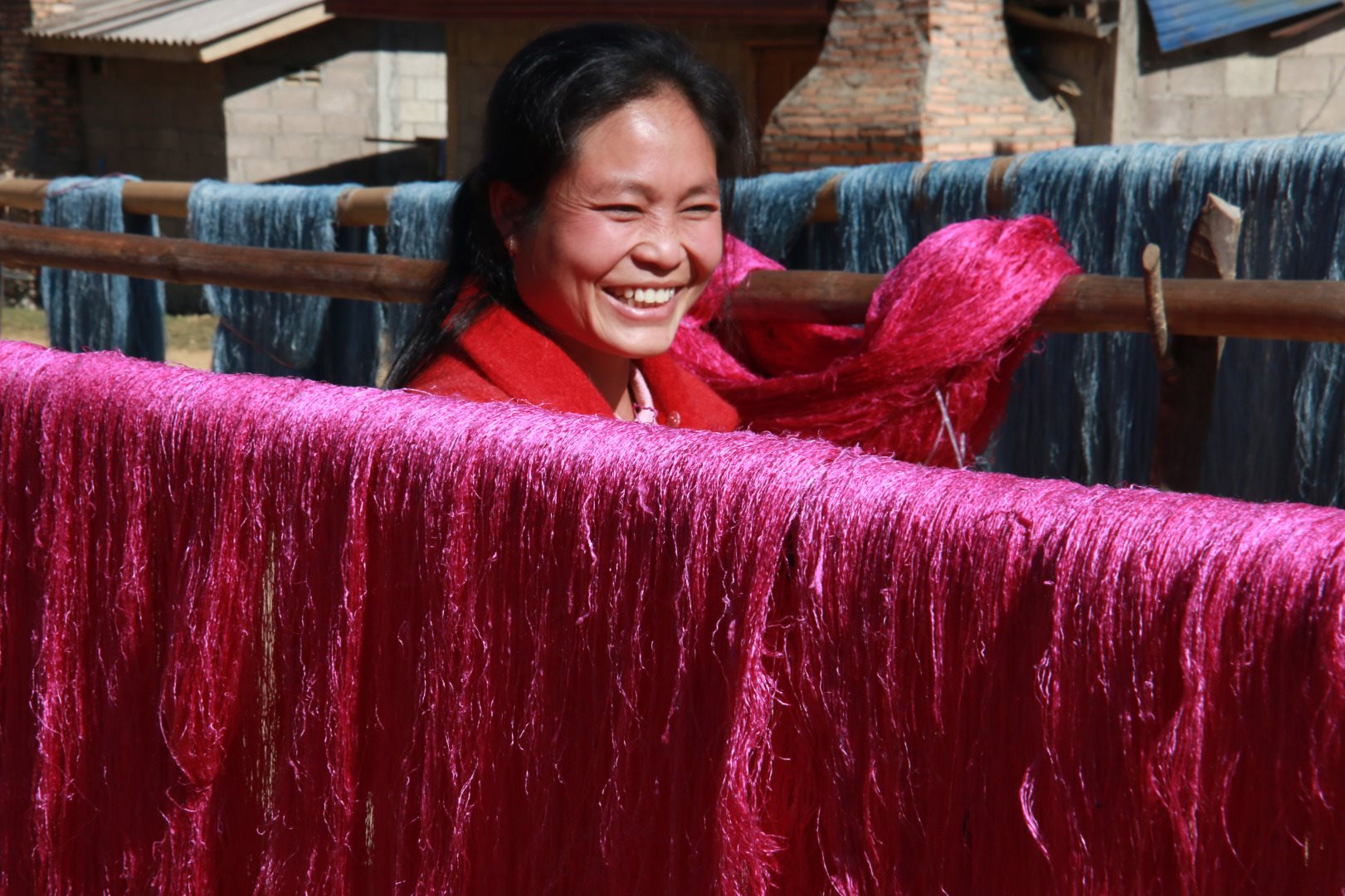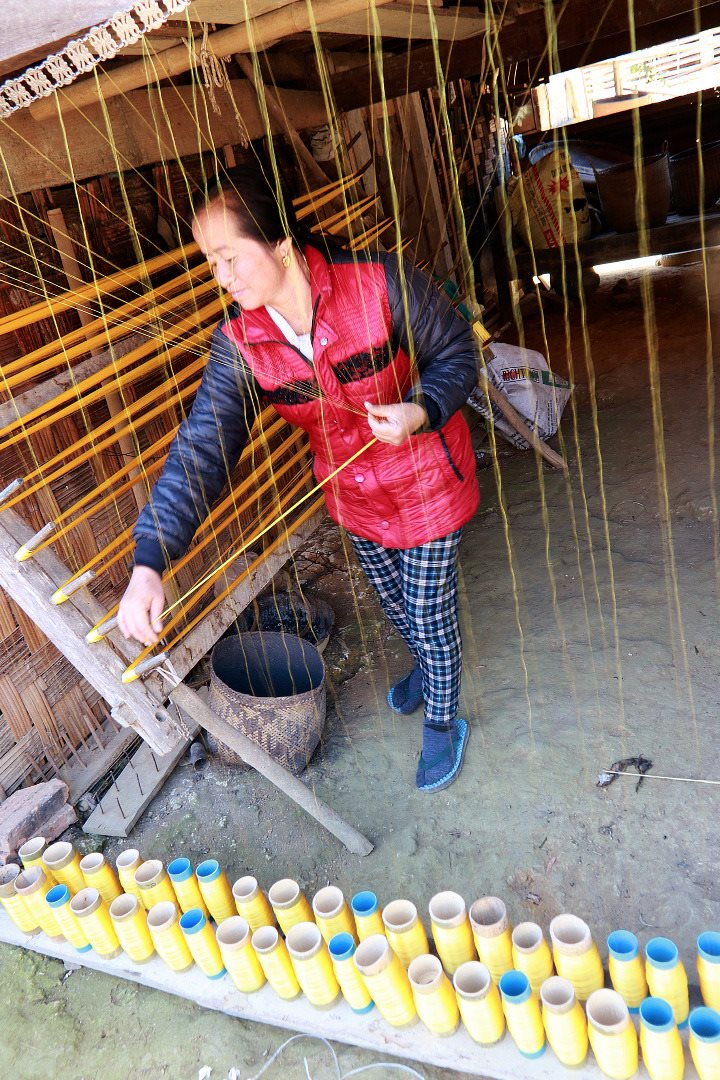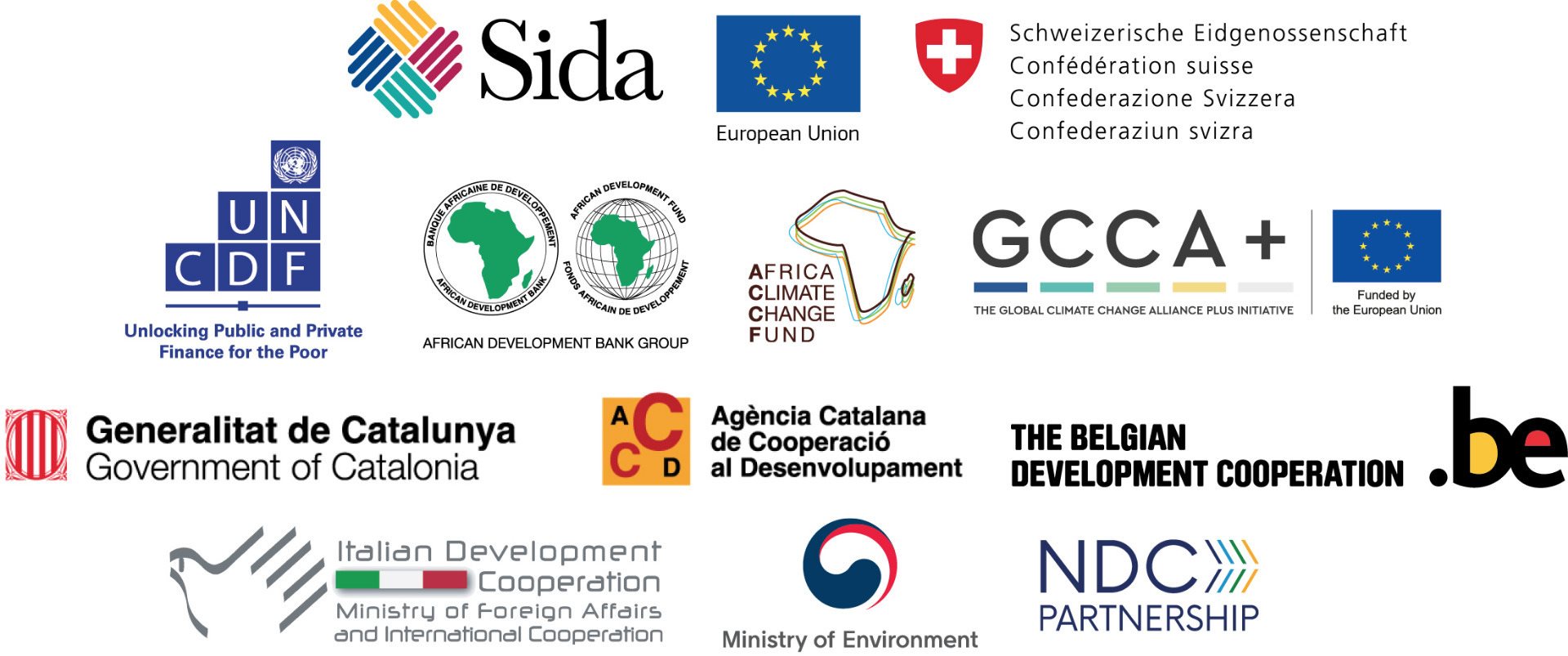National Response
Many small-scale village-level infrastructure projects such as irrigation schemes or water supplies for domestic consumption are built on ad hoc–based traditional knowledge only, which lacks the necessary technical know-how and financing to be climate risk-proof. The challenge lies in limited understanding of and awareness about the effects of climate change on the ecosystem and gaps in local capacity and budgets to build resilience.
Lao PDR is in the process of piloting a devolution strategy called the Sam-Sang, or three builds due to its three-tiered approach. Sam-Sang aims to develop the province administrations as strategic units, the districts as comprehensive strengthening units and the villages as development units. In the spirit of the Sam-Sang, LoCAL helped build the capacities of local authorities to deliver better public administration and services in two provinces: Saravane and Sekong.
